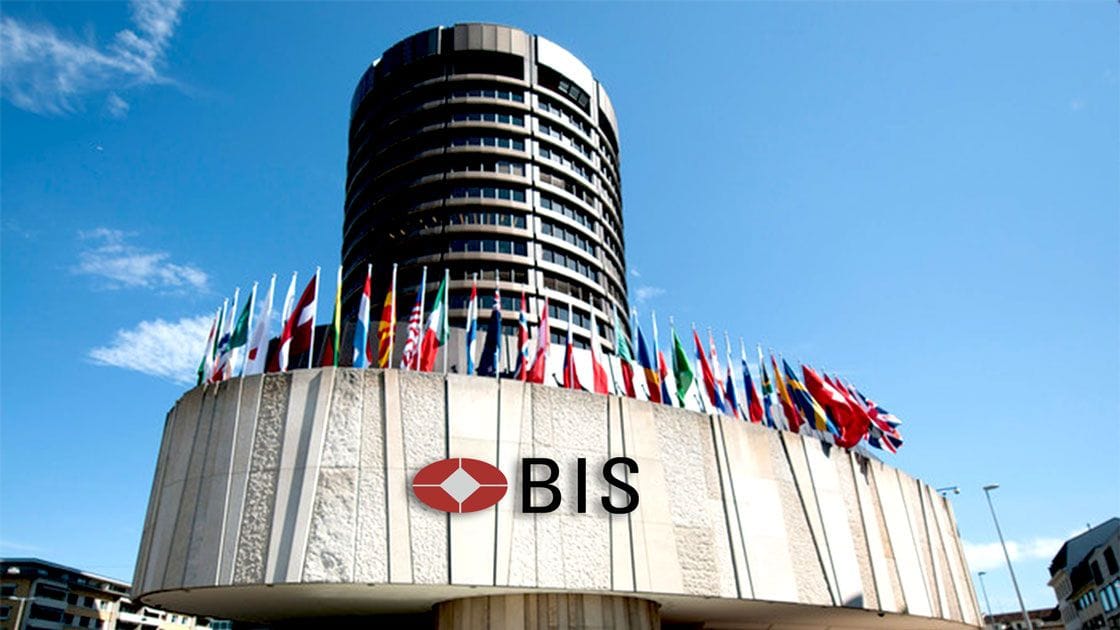
Putin’s interest in an alternative international payments system has focused attention on mBridge.
The future of the Swiss-based Bank for International Settlements’ (BIS) involvement in mBridge was cast into doubt on Oct 28. following a report from Bloomberg that top bank officials and financial executives discussed the possibility of shutting mBridge down during a meeting in Washington.
The discussions, which took place last week, stemmed from concerns about comments made by Russian president Vladimir Putin during the opening of the BRICS Summit in Kazan, where he floated the idea of an alternative BRICS-led international payments system. Though Putin’s comments garnered a lukewarm response from fellow BRICS members, it has focused attention on projects like mBridge which are seeking to build alternatives to SWIFT.
Run by the central banks of China, Thailand, the UAE and Hong Kong — with Saudi Arabia joining this year as a new member — and backed by the BIS Innovation Hub, mBridge is a cross-border payments system that aims to make transferring money internationally quicker and cheaper.
It removes the need for correspondent banks, which act as intermediaries for payments between banks in different countries that don’t have formal relationships.
In June this year, it reached its minimum viable product (MVP) stage, with participating banks deploying consensus nodes and commercial banks conducting transactions. The platform currently supports key functions for participants including CBDC issuance and redemption, FX payment versus payment (PVP), CBDC transfers, queue management and balance alerts, and information management systems.
As of October 2024, the project had 32 observing members, including the Reserve Bank of Australia, the Bank of Korea FATF and the Banque Central du Luxembourg, according to the BIS Innovation Hub.
A total of 39 commercial banks from China, Thailand, the UAE, Hong Kong and Saudi Arabia are also participating in its MVP stage. Between April and September 2024, the platform facilitated payments and transactions in four CBDCs (e-CNY, e-THB, e-AED and e-HKD), with transactions conducted by 35 commercial banks.
To its proponents, mBridge is a potential solution for the major pain points that have long plagued traditional banking, particularly for underserved regions. It can allow countries to settle payments in their own currency instead of the more commonly used U.S. dollar and make transactions much quicker using distributed ledger technology.
Speaking at Hong Kong Fintech Week, Li Shu-Pui, Advisor to H.E. The Governor at the Central Bank of the U.A.E., said that in a test in February they sent money from a bank in Abu Dhabi to one in Beijing in just ten seconds.
“Middle Eastern, Central Asian, African countries and even South American countries are underserved [by traditional banking] because the correspondent banking network does not cover so many of these countries. Many of these countries are not served adequately so they’re very excited about how they [can] make use of mBridge” he said.
BIS’s own literature available through its BIS Innovation Hub stand at Hong Kong Fintech Week calls mBridge “a public good” and claims it can “help foster financial inclusion”.
Countries like China have been taking steps to push for greater dedollarization of the global economy and the settlement of international payments in different currencies. During the BRICS summit, Putin claimed that nearly 95% of Russia-China trade is done in local currency.
But mBridge’s detractors are worried about the geopolitical risk the project poses. Policymakers in the U.S. and Europe have warned against having an international financial system underpinned by China-developed technology, as well as the risk of reduced ability to enforce U.S. and European economic sanctions.
In 2022, Yaya J. Fanusie, currently the Director of Policy for AML & Cyber Risk at the Crypto Council for Innovation, said that the announcement of the mBridge project should serve as a wakeup call to U.S. policymakers who wanted to maintain U.S. influence on the financial system. “[mBridge] likely will be built upon not only by nations seeking more efficient payment infrastructure, as all central banks should, but also by U.S. adversaries strategizing for ways around U.S. geopolitical influence, like China,” he wrote.
The BIS did not respond to a request for comment and staff on the ground at Hong Kong Fintech Week said they could not discuss the matter.
Related
Source: Vietnam Insider
